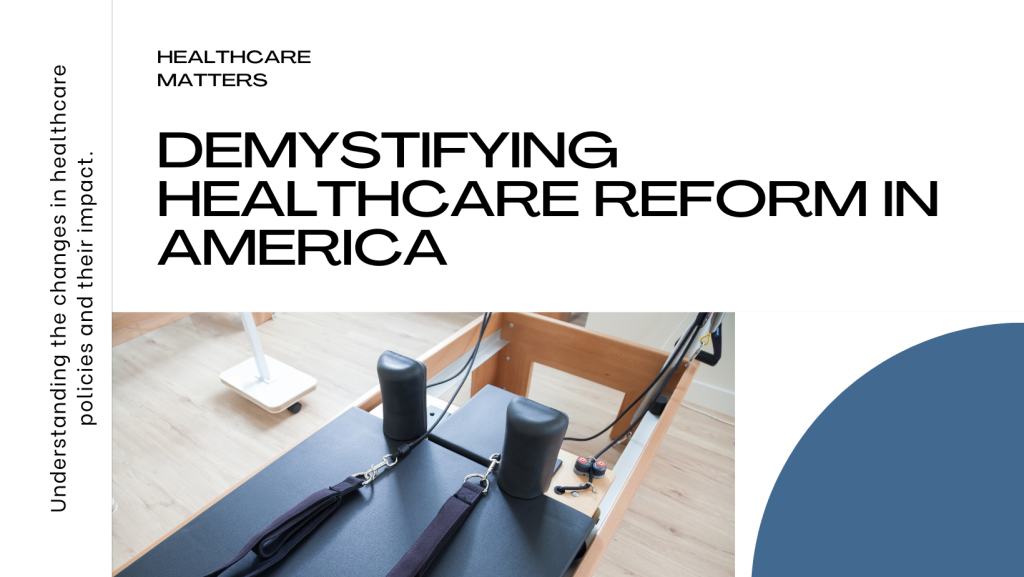Healthcare reform remains a contentious and challenging issue in America, with policymakers, healthcare providers, insurers, and patients grappling with how best to address the shortcomings of the current healthcare system. This article explores the complexities of healthcare reform in America, examining key areas of debate and potential pathways for change.
One of the central issues in the healthcare reform debate is access to affordable healthcare coverage for all Americans. Despite the passage of the Affordable Care Act (ACA) in 2010, millions of Americans still lack health insurance due to factors such as cost, eligibility criteria, and access barriers. Efforts to expand access to coverage, such as Medicaid expansion and the creation of health insurance marketplaces, have made significant strides in reducing the uninsured rate but have not fully addressed the underlying challenges of affordability and accessibility.
Another area of contention in healthcare reform is the rising cost of healthcare and the need to contain healthcare spending while maintaining quality and access to care. Policymakers and stakeholders are exploring various strategies to address cost drivers, such as implementing value-based care models, promoting price transparency, and reforming payment and delivery systems to incentivize high-quality, cost-effective care. However, achieving consensus on these reforms remains elusive, as stakeholders grapple with competing priorities and interests.
Moreover, healthcare reform efforts must contend with the complexities of the healthcare delivery system, including the role of healthcare providers, insurers, pharmaceutical companies, and other stakeholders. Efforts to improve care coordination, enhance population health management, and address social determinants of health require collaboration and coordination among diverse stakeholders, which can be challenging in a fragmented and decentralized healthcare landscape.
Despite these challenges, there are opportunities for progress and innovation in healthcare reform. Policymakers and stakeholders are exploring innovative approaches to improve care delivery, enhance patient engagement, and address disparities in healthcare access and outcomes. Initiatives such as telehealth expansion, value-based payment models, and investment in healthcare workforce development hold promise for transforming the healthcare system and improving health outcomes for all Americans.
In conclusion, healthcare reform in America is a complex and multifaceted endeavor that requires collaboration, innovation, and a commitment to addressing the underlying drivers of health disparities and inequities. By engaging in meaningful dialogue, leveraging data and evidence-based practices, and prioritizing the needs of patients and communities, we can work towards a more accessible, affordable, and equitable healthcare system for all Americans.



